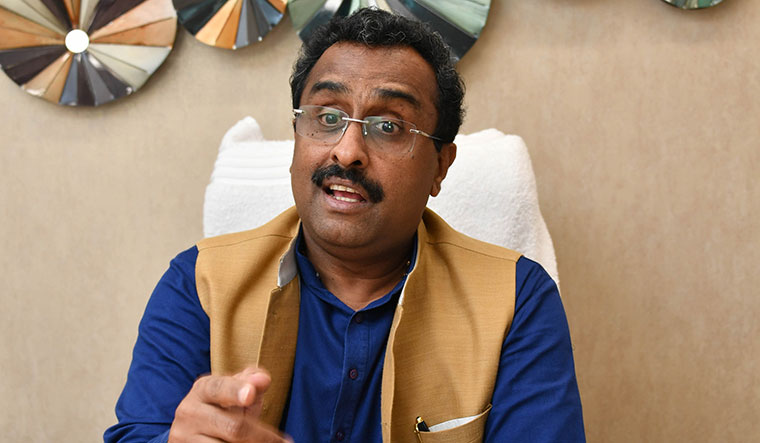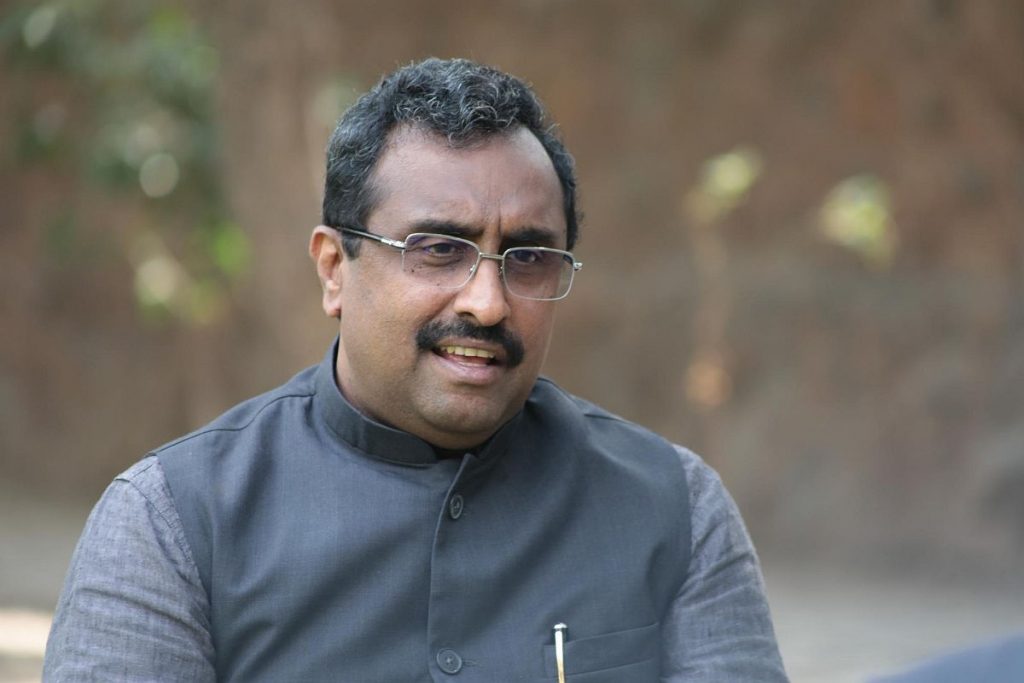A senior RSS leader, Ram Madhav, highlighted the dominance of cultural nationalism in India during an international gathering of conservatives in Washington. He asserted that left liberals in India have been significantly marginalized and are currently experiencing deep distress.
According to Madhav, this shift began with the BJP securing a political mandate ten years ago, allowing conservatives to reclaim what Nehruvian liberals had taken away. This conference, attended by conservatives worldwide, provided a platform for Madhav to discuss the transformation in India’s political and social landscape.
Madhav elaborated on the economic and educational reforms initiated by the BJP government over the past two decades. He emphasized the end of socialist protectionism in favor of a free-market economy, which has propelled India to become the fourth or fifth-largest economy globally. Additionally, he noted the efforts to reclaim universities and media spaces, alongside the introduction of a new education policy aimed at instilling conservative values in future generations.

Ram Madhav Advocates for Cultural Nationalism in India, Criticizes Liberal Marginalization
The RSS leader conveyed that it is now fashionable in India to openly embrace and display one’s religion and cultural identity. He claimed that being a Hindu, Buddhist, Jain, or a person of any religion is now celebrated. This shift has led to a cultural and political environment where conservatism is widely accepted and promoted, sidelining the liberal and socialist ideologies that once held sway in Indian society and institutions.
Madhav urged conservatives globally to view reports from mainstream American media about India with skepticism, suggesting that these reports are often biased and depict India inaccurately.
He argued that the portrayal of Indian conservatives as fascists and authoritarians is a misrepresentation, similar to how American conservatives are labeled as racists and extremists. He encouraged his audience to dismiss such characterizations as the desperate outcry of distressed left liberals.
Reflecting on India’s post-independence history, Madhav criticized the dominance of Nehruvian liberalism, which he claimed threatened India’s religious and cultural identity. He attributed the resurgence of conservative nationalism to the grassroots efforts of organizations like the RSS.
Over decades, these efforts built a robust conservative movement that eventually translated into political dominance under Narendra Modi’s leadership. Today, cultural nationalists are a formidable force in India, reshaping its social and political fabric.











































